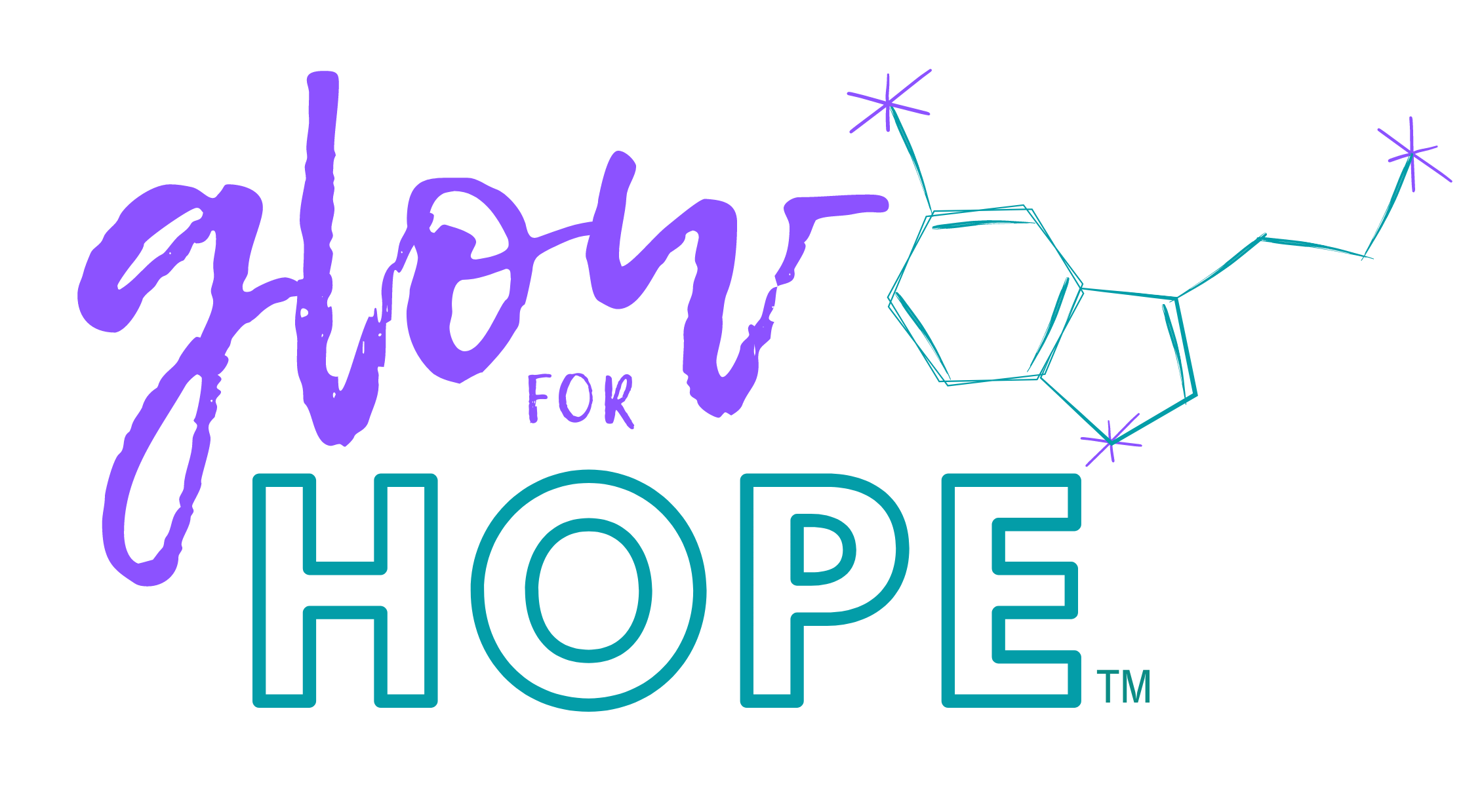What Is Mental Health? Self-Care vs. Self-Love with Christina Kittstein, LCPC, ATR-BC
In our first guest episode, therapist and art therapist Christina Kittstein helps demystify the foundations: what we mean by mental health, how mental wellness fits in, and the real difference between self-care and self-love—especially when you’re struggling. We talk sleep, gentle movement, emotions as messages, burnout across roles, and simple daily practices that support the brain-body connection.
Podcast: Play in new window | Download (Duration: 54:54 — 50.3MB) | Embed
Subscribe Apple Podcasts | Spotify | Amazon Music | Android | Pandora | iHeartRadio | Blubrry | Podchaser | Deezer | Youtube Music | RSS | More
What You’ll Learn
- Mental health vs. mental wellness: Health is your current state; wellness is your proactive plan to navigate that state day by day.
- Self-care vs. self-love: Routine care can exist before self-love—and also help grow it.
- Sleep matters: Nightly rest helps your brain “take out the trash” and reduce brain fog.
- Whole-person care: Emotions, nervous system, nutrition, movement, and physical health are tightly linked.
- Emotions as information: Feelings carry messages; when you receive the message, the feeling can move on.
- Burnout is overwhelm: Boundaries and basics (sleep, food, movement) are step one—at work, home, or school.
- Gentle movement counts: Mindful movement (stairs, stretching, seated curls) > perfect workouts.
- Nature calms the system: Ten quiet minutes outdoors—or nature sounds at night—can shift your state.
Practical Takeaways
Daily Basics
- Pick a realistic bedtime and protect it (dim lights, fewer screens).
- Add a 30-minute wind-down: light stretch → nature/brown noise → lights out.
- Move gently every day; consistency beats intensity.
Regulation Tools
- Ground outside: bare feet on grass, 5–10 minutes of mindful listening.
- Visualization: revisit a calm memory (beach, woods) using all senses.
- Boundaries: one “no” today protects many “yesses” tomorrow.
Guest Spotlight: Christina Kittstein, LCPC, ATR-BC
A licensed clinical professional counselor and board-certified art therapist, Christina integrates talk therapy with expressive arts and evidence-based modalities (CBT, DBT, IFS, EMDR) to treat trauma/complex trauma and help clients process pain, build skills, and reclaim peace.
Favorite Moments
Resources & Related
- Sleep hygiene basics (dark, cool room; consistent wind-down routine).
- Nature & grounding practices; sound support for sleep (nature/brown noise).
- Mindful movement for limited mobility (seated stretches, light resistance).
- Visualization for nervous-system regulation.
Looking for quick guides? Visit our Resources page for printable breathing, grounding, and sleep tips (more coming soon).
Next Episode Teaser
Christina returns to answer the big question: “Who do I talk to?” We’ll demystify therapists, counselors, psychologists, and psychiatrists so you can choose a starting point with confidence.
How to Support the Show
- Share this episode with someone who could use a gentle, practical reset.
- Subscribe and leave a review to help others find the podcast.
- Donate to fuel Glow For Hope’s community education and suicide-prevention work.
Crisis & Support
If you or someone you know is in emotional distress or considering suicide, you are not alone.
In the U.S., call or text 988 or chat via 988lifeline.org for free, confidential support 24/7.
Outside the U.S., contact your local emergency number or a local crisis line.
Disclaimer: This podcast does not provide medical advice and is not a substitute for professional care. Always consult your healthcare provider for personal guidance.

Recent Comments